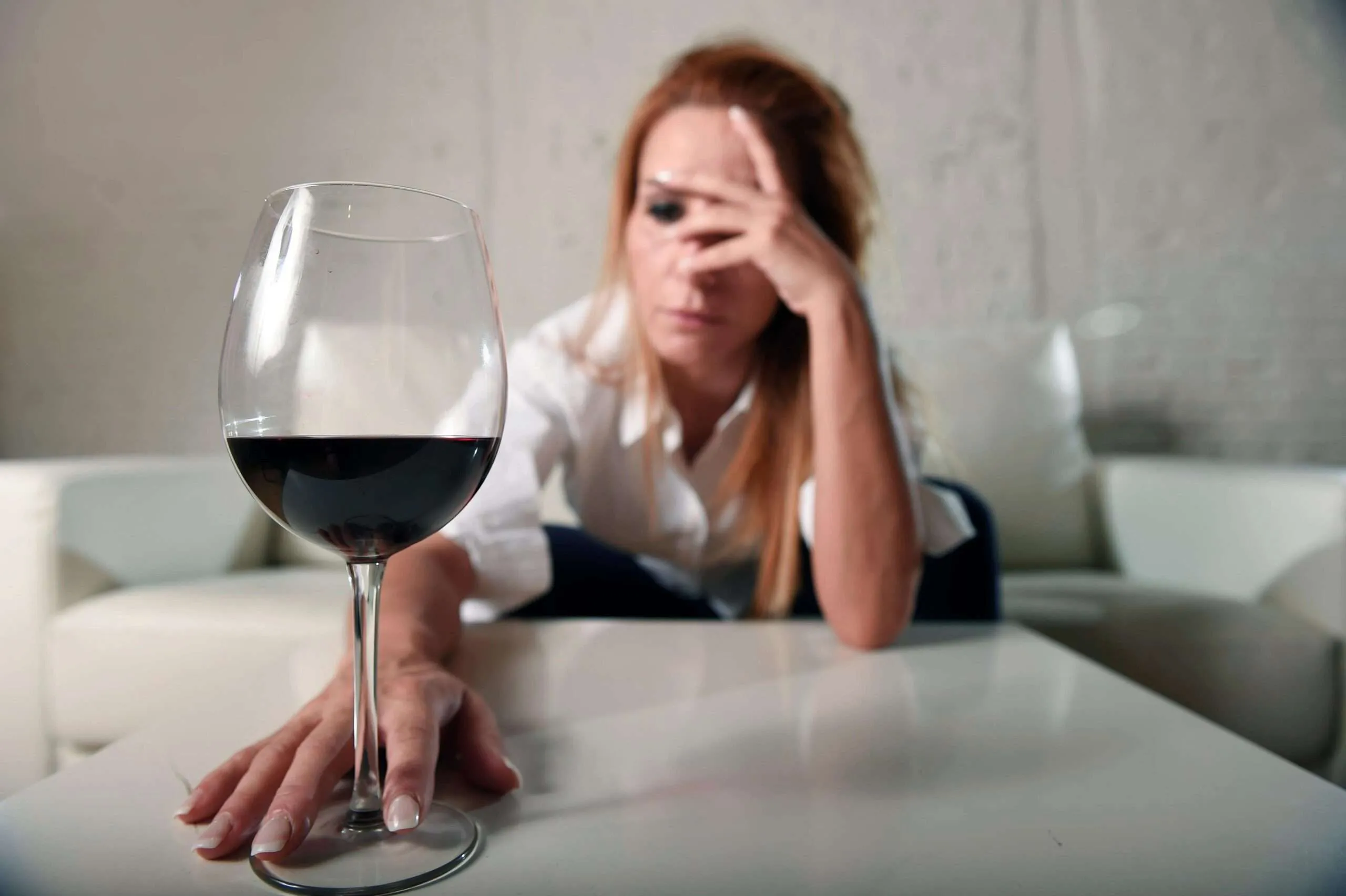Women move through a variety of stages during their lives and one of the most challenging ones is menopause. The changes in hormones and resulting physical and emotional upheavals can cause a lot of frustration, confusion, and difficulty during this part of life. When a woman also experiences an addiction to alcohol, this can complicate the menopausal process. Tampa Bay Recovery understands what happens when alcohol and menopause affect a person’s life. We offer a focused program for addiction that treats women by providing several outpatient options that help them overcome alcoholism. In turn, this provides a positive impact on menopausal symptoms.
What is Menopause Like?
Women’s lives are often overtaken by hormonal changes that can feel challenging. The first time this begins is when a female begins her menstrual cycle and experiences both physical and emotional changes. The other time is when she begins menopause. Menopause begins twelve months after a woman’s last period. Prior to that, women go through perimenopause, which lasts anywhere from two to seven years on average.
During both menopause and perimenopause, women experience any number of uncomfortable, frustrating, and even emotionally difficult side effects. These include:
- Hot flashes
- Headaches
- Night sweats
- Difficulty sleeping
- Headaches
- Sore joints
- Difficulty thinking (often called “brain fog”)
- Frequent urination
- Incontinence
- Loss of libido
- Vaginal dryness
- Anxiety
- Depression
- Moodiness
What Happens When You Combine Alcohol and Menopause?
Considering the amount of side effects that happen during menopause, it’s not surprising that a lot of women turn to drinking to help deal with them. While it may feel like a good solution at the time, combining alcohol and menopause can actually make things worse. For example, a woman may drink in order to get to sleep faster and ease night sweats. The problem is that alcohol interrupts a person’s ability to sleep. As well, it can raise the body’s temperature, which increases the feeling of being overheated during the night or when having hot flashes.
Menopause can cause a woman to feel overwhelmed with depression and feelings of hopelessness. Alcohol has a reputation for cheering people up and making them forget their troubles. In reality, alcohol is a depressant and actually contributes to continued depressive symptoms.
Many women experience brain fog during menopause. Consuming a lot of alcohol can worsen this because being inebriated makes people less conscious of their actions and words. They are more likely to experience cognitive difficulties due to alcohol consumption.
Signs of Alcohol Addiction
It can be difficult to recognize when alcohol has become a problem for both the woman whose drinking has spun out of control and those around her. This proves even more true these days when common messages directed at females include things like “It’s wine o’clock” and other ideas that women can endure anything provided they take time to drink. A woman who deals with excessive alcohol and menopause may have a lot to deal with at one time. They may have kids at home or deal with empty nest syndrome while also taking care of parents or other older family members. Having the occasional drink to relax is fine. It becomes a problem when the woman experiences signs of alcohol addiction such as:
- Drinking every day or several days a week
- Planning social events around alcohol
- Frequent hangovers
- Drinking alone
- Using alcohol when feeling stressed, angry, sad, or anxious
- Hiding evidence of drinking from others
- Trying to stop drinking but failing
- Increasing how much they drink when they develop a tolerance for the usual amount of alcohol consumed
How Does Treatment For Alcoholism Work For Women Going Through Menopause?
Women who go to rehab for alcohol addiction that are also going through menopause can specify their situation to their treatment providers. Physicians, nurses, and mental health counselors understand how problematic combining alcohol and menopause can become. As a result, the treatment team can design a program that helps women in this situation.
Tampa Bay Recovery provides multiple types of therapy that not only address alcoholism but help women open up about all the challenges in their lives. This allows them the ability to discuss issues like menopause, family difficulties, relationship troubles, past trauma suffered, and other circumstances that contribute to the urge to drink. Types of therapy we offer include:
- Individual therapy
- Family therapy
- Holistic therapy
- Trauma therapy
- Red light therapy
- Medication-assisted therapy
- Eye movement desensitization and reprocessing therapy (EMDR)
An assessment from medical staff can make sure each woman is taking advantage of the support and any necessary medications that help ease the symptoms of menopause. We also provide prescription medications that help ease the withdrawal symptoms that can happen when a person stops abusing alcohol.
Begin Treatment for Alcohol Addiction in Tampa, FL
Are you a woman going through menopause and finding it challenging to navigate the upheaval and trying situations this involves? Do you find yourself repeatedly using alcohol partly to help relieve the symptoms of being menopausal? Tampa Bay Recovery understands the connection between alcohol and menopause and how one can affect the other in negative ways. We provide multiple types of outpatient care that help you overcome alcohol addiction and enjoy a newly sober life.
Are you ready to talk to us about overcoming your addiction to alcohol? Contact us today and find out how we can help you begin a healthy new chapter in your life.







